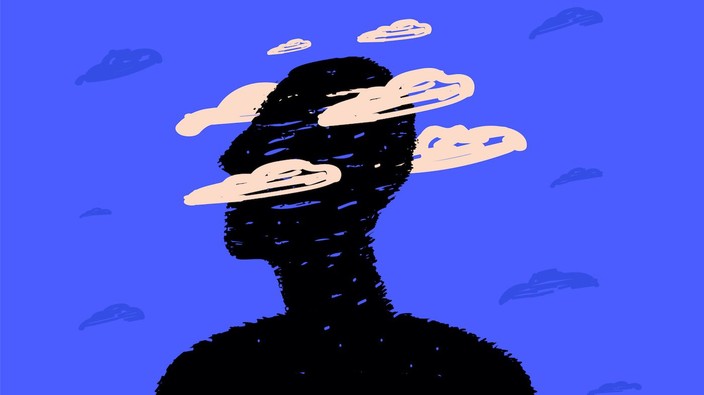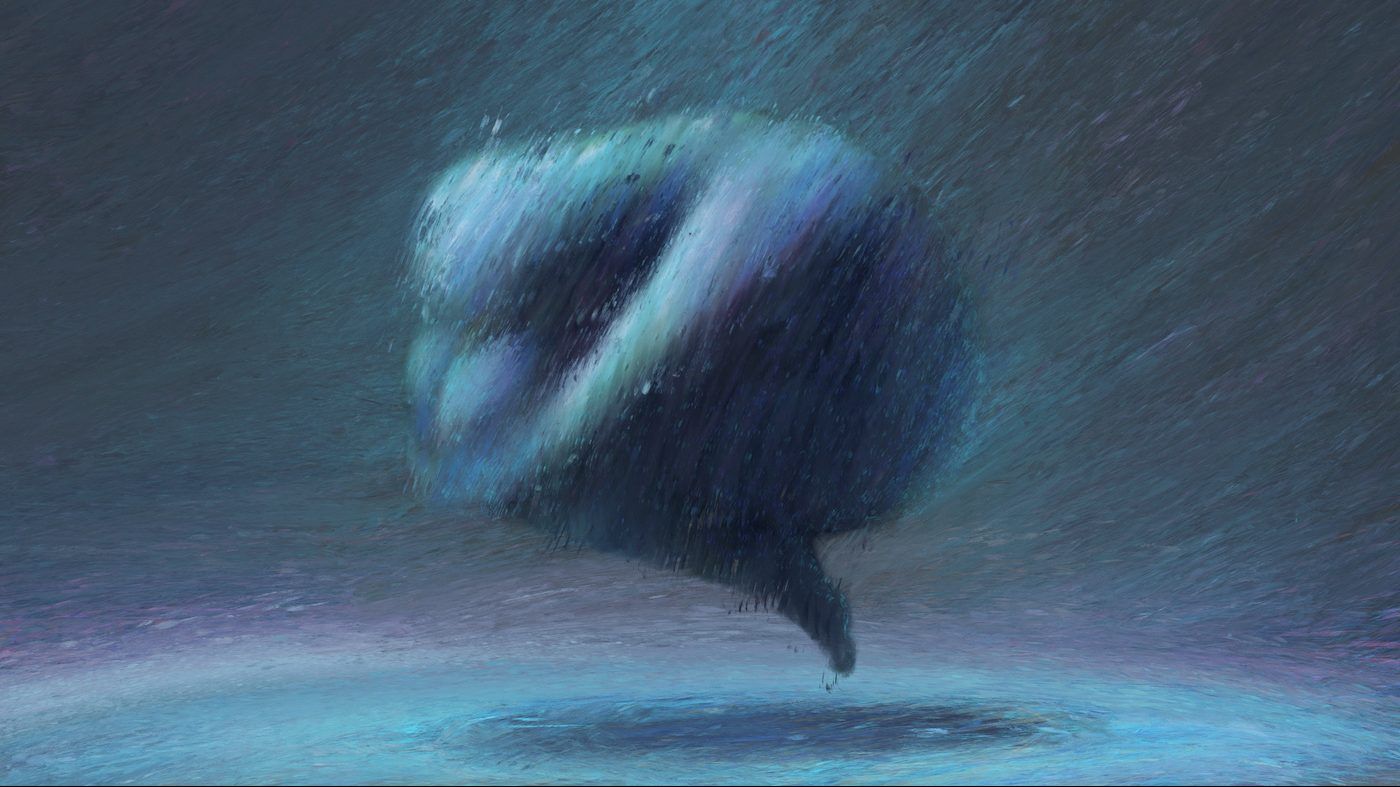this week i texted both of my teenagers who were at school to ask if they were ok. just seconds before, a news alert had popped up on my phone that said four unnamed schools in toronto were on lockdown because a man with a gun was in the area. it turned out the schools were outside of the city, and thankfully, no one was hurt.
but it took awhile to shake the sense of panic. of course, much of my worry in the moment was a result of the recent news out of texas about an 18-year-old who killed 21 people,19 of them kids.
terrifying. also worrying is the fact that the shooter reportedly had been a loner, a high school dropout with no friends, bullied for what he wore and his family’s financial situation. and though police have reported that he had communicated to others that he had bought guns, none of this was enough to flag to anyone that this was a kid in trouble.
the world feels really unsafe
the shooting has reignited conversations about u.s. gun laws, the ability of police to keep children safe in schools, and youth mental health, but it’s also one more thing to add to our list of really big worries, along with war, climate change and a virus that refuses to disappear. it makes the world feel less safe — and i don’t just mean in terms of our physical wellbeing. the kind of safety i’m referring to is a sense of comfort, security and the confidence that yes, everything is going to be alright — all of which seem harder to reach most days. whether you are worried about your health, trying to keep your relationships afloat, or concerned about the stability of your job, it all feels gross. and feeling like you can’t find a safe haven is not good for you.
 3 minute read
3 minute read









